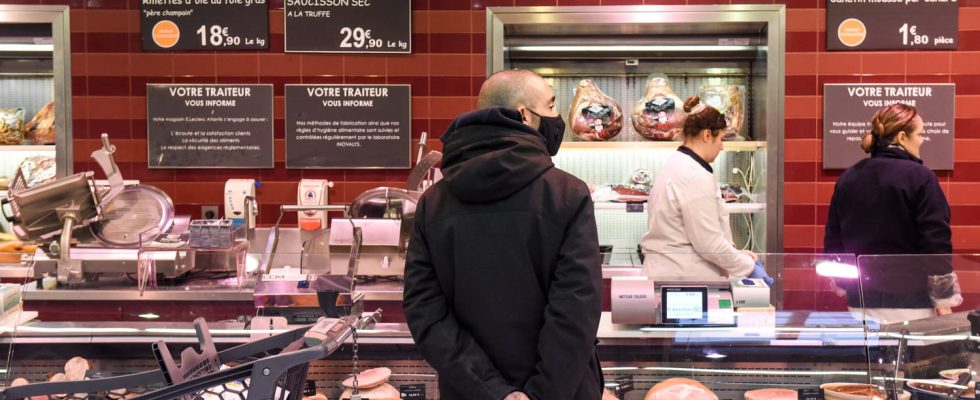These shelves, which have been installed for decades in supermarkets, could disappear in the not-so-distant future.
The question of purchasing power is at the heart of the news, particularly in the run-up to the European elections on June 9, 2024. The subject is also one of those that concerns the French the most, elections or not. A particularly thorny question as inflation forces many households to review their lifestyle and consumption. According to INSEE figures published on January 12, 2024, inflation has been particularly high since 2022. That year, inflation rose to 5.2% on average before falling to 4.9% over the year. 2023. INSEE added that a peak was reached in February 2023, with 6.3%. For the year 2024, the Ministry of the Economy announced in January that inflation should fall to 2.6% on average.
This tense economic context has had direct repercussions on the daily lives of the population. Consumers’ shopping baskets were the first to suffer from this drop in purchasing power. Households have in fact been forced to review their level of consumption by switching to cheaper products. Thus, for several years, the shelves of cut products have been neglected by consumers. TF1 indicates that attendance at the cut sections has dropped considerably with a drop of 25% for cheeses, 20% for fish and 14% for meat.
And for good reason: the chain indicates as an example that 200 grams of Comté matured for 18 months costs 6.30 euros at the cut shelf compared to 4.20 euros for the same packaged product. Enough to turn away from cutting and prefer equivalent self-service products, often less expensive. Especially since in 2022, France Info estimated that inflation had reduced consumers’ food spending by 3%.
In addition to higher prices, customers interviewed on the subject mention a lack of time. “When I’m in a hurry to go to work, I don’t wait in line, I take it directly from the self-service station,” a consumer told TF1. Same situation for this woman who told France Info: “It’s perhaps a little cheaper, it goes faster, often there are queues”.
According to TF1, consumption of these products is also decreasing because consumers are careful about waste, with already packaged products generally keeping longer than fresh products. Speaking to TF1, Emily Mayer, director of studies at Circana, explains that fresh products are those that are the most victims of waste. And added: “We pay attention to the quantities we buy to avoid throwing away, especially in this period of high inflation.”
As the media specifies, these departments also face a lack of qualified personnel to maintain them. All these factors combined have led to the closure of cut sections in certain supermarkets in France, and the trend is accelerating. With inflation still on the table, it is very likely that these closures will increase in large stores.
